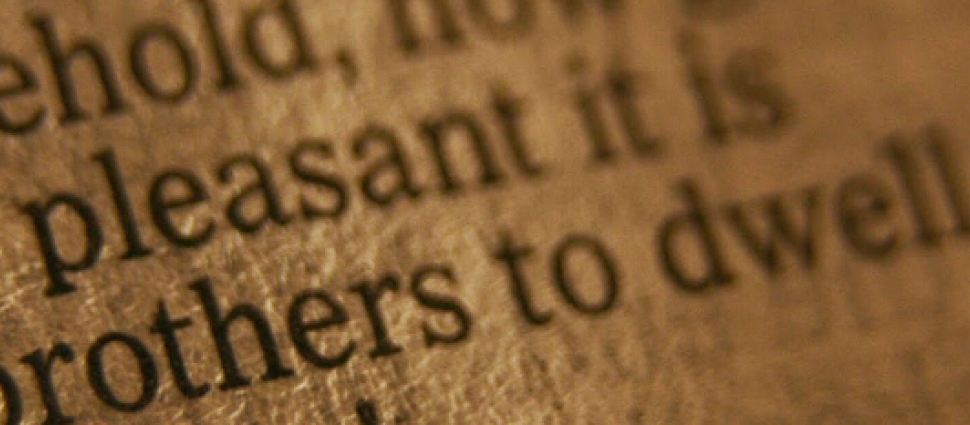Controversies & Confessions

Oct 26, 2016
What do you do when two sides are unable to reconcile their theological differences? We have been looking at how the English Dissenters at the end of the seventeenth century dealt with this problem (see parts 1, 2, 3, 4, 5, 6). Thus far we have considered two things that they did to work out their issues. The first was to ask for help from a competent and objective source. The second was to address the other sides’ concerns and be willing to tolerate differences. The third thing that they did, and the one that we want to consider in this article as we draw our series on lessons from a past controversy to a close, was to rally around the confessions of faith.
When the Presbyterians and the Congregationalists officially joined together they did so on the basis of the Reformed confessions. According to the Union’s constitution, Heads of Agreement, members were required to own the doctrinal sections of one of the following confessions: Thirty-nine Articles, Westminster Confession of Faith, Westminster Shorter Catechism, Westminster Larger Catechism or Savoy Declaration. Shortly after the first signs of division, the United Ministers established a committee to deal with the issues. The committee met with Chauncy and Williams, the two primary antagonists, and they put together another document, An Agreement in Doctrine, which was a compilation from the previously mentioned confessions pertaining to the disputed doctrines. Everyone involved subscribed to this new document.
Rallying around the confessions to settle disputes makes good sense. After all, one purpose of confessions is to draw the line between acceptable and non-acceptable doctrine. Thus, one would think that two bickering parties should be able to tolerate their differences as long as they all subscribe to the same confessions. The problem in this case, however, as it tends to be in these types of heated debates, was that both sides viewed each other as outside the bounds of the confessions. Daniel Williams was firmly convinced that he was confessional and that his opponent Isaac Chauncy was not. Chauncy, not surprisingly, took the exact opposite position. As a result, both men believed that the other had misunderstood the meaning of the confessions and what the confessions do and do not allow. When this is the case, re-subscribing to the confessions simply won’t do and it didn’t for the Dissenters.
The missing ingredient is the church. Christ has appointed elders to govern his church and they are to exercise their authority to settle disputes, as the early church had done at the Jerusalem Council (Acts 15). Without this authority, even the best of confessions, which are always open to (mis)interpretation, won’t be able to bring clarity and resolution to public controversy.
Since the Union was not a church, it couldn’t authoritatively resolve the matter, and what is more, its members wouldn’t be bound to heed any ruling it might make. Para-church organizations, like the Union, may of course freely remove members just as members may freely remove themselves; but they don’t possess any real authority to bind people together or to settle theological controversy. It is no wonder, then, that the United Ministers broke apart and stayed broken when the two parties clashed heads in the way that they did.





